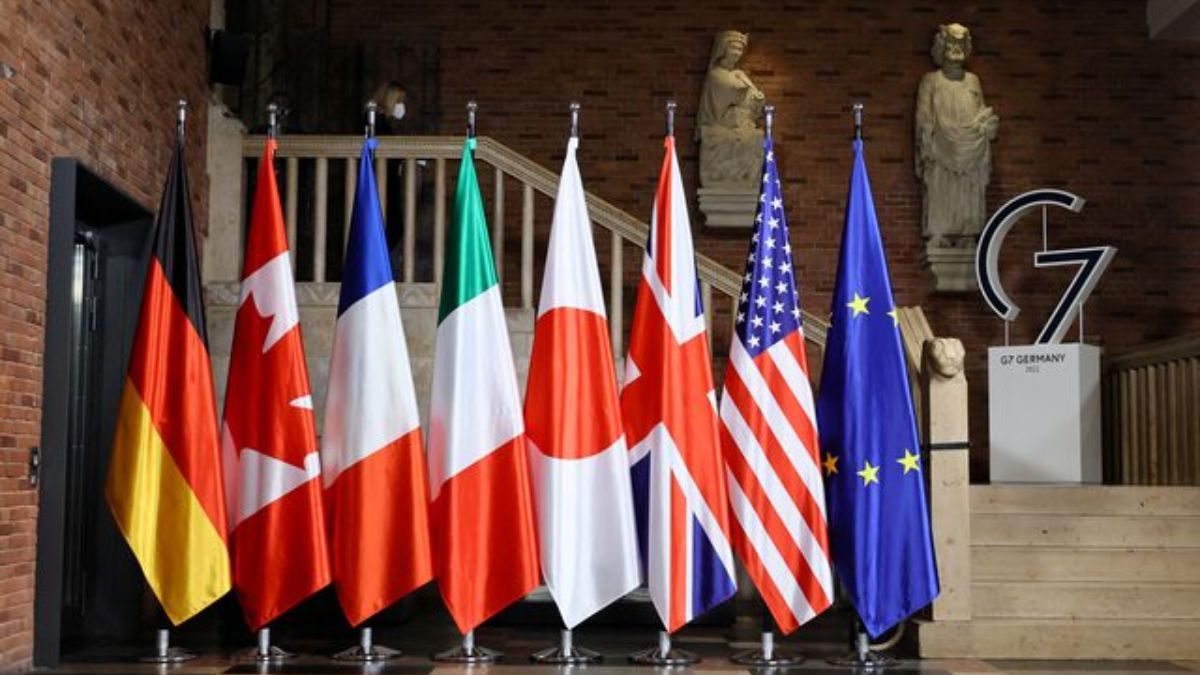The G7 nations have signalled that they may expand sanctions on Russia and consider leveraging frozen Russian assets to bolster Ukraine’s defence, as former President Donald Trump pursues a ceasefire agreement with Moscow.
During a meeting in Canada , G7 foreign ministers discussed imposing further economic penalties should Russia fail to implement a proposed truce. While Ukraine has agreed to the 30-day ceasefire plan, Russia has not yet committed.
What would more sanctions entail?
The G7 statement mentioned potential measures, including tighter restrictions on Russian oil exports and repurposing revenues from approximately €300 billion ($325 billion) in frozen Russian central bank assets seized in 2022.
Western allies are coordinating strategies to increase economic pressure on Moscow. France and Germany, which had previously resisted seizing Russian assets held in the European Union, are now reconsidering their stance, Financial Times reported.
Talks are underway with the United Kingdom and other allies on how such assets might be repurposed for Ukraine’s benefit.
Attention moves from Kyiv to Moscow
US Secretary of State Marco Rubio, speaking after the meeting, noted that while territorial concessions from Ukraine had been floated, Russia would also need to make compromises.
“I’ve never heard President Trump say that Russia has a right to take all of Ukraine and do whatever they want there,” Rubio said.
Earlier efforts by Trump’s team had focused on pressuring Kyiv to accept a swift resolution, but Russia’s hesitation to embrace an immediate ceasefire has shifted diplomatic attention. “The ball is now in Russia’s court when it comes to Ukraine,” Canadian Foreign Minister Mélanie Joly said.
The renewed push to hold Moscow accountable follows a strained meeting last month between Trump and Ukrainian President Volodymyr Zelenskyy. Ukraine accepted Trump’s ceasefire proposal this week after Washington temporarily suspended military aid and intelligence sharing, which have now resumed.
Territorial disputes remain key concern
Putin, while expressing general support for a ceasefire, indicated that unresolved issues remain. Meanwhile, Russian forces have advanced in the Kursk region, where Ukraine reclaimed over 1,000 square kilometers (386 square miles) last year.
Zelenskyy acknowledged that territorial disputes would be the most difficult challenge in negotiations. Ceasefire and territories are the most difficult moments of a negotiation, he said. “The first is difficult because it requires courage and political will, the second because it requires a difficult dialogue.”


)

)
)
)
)
)
)
)
)



